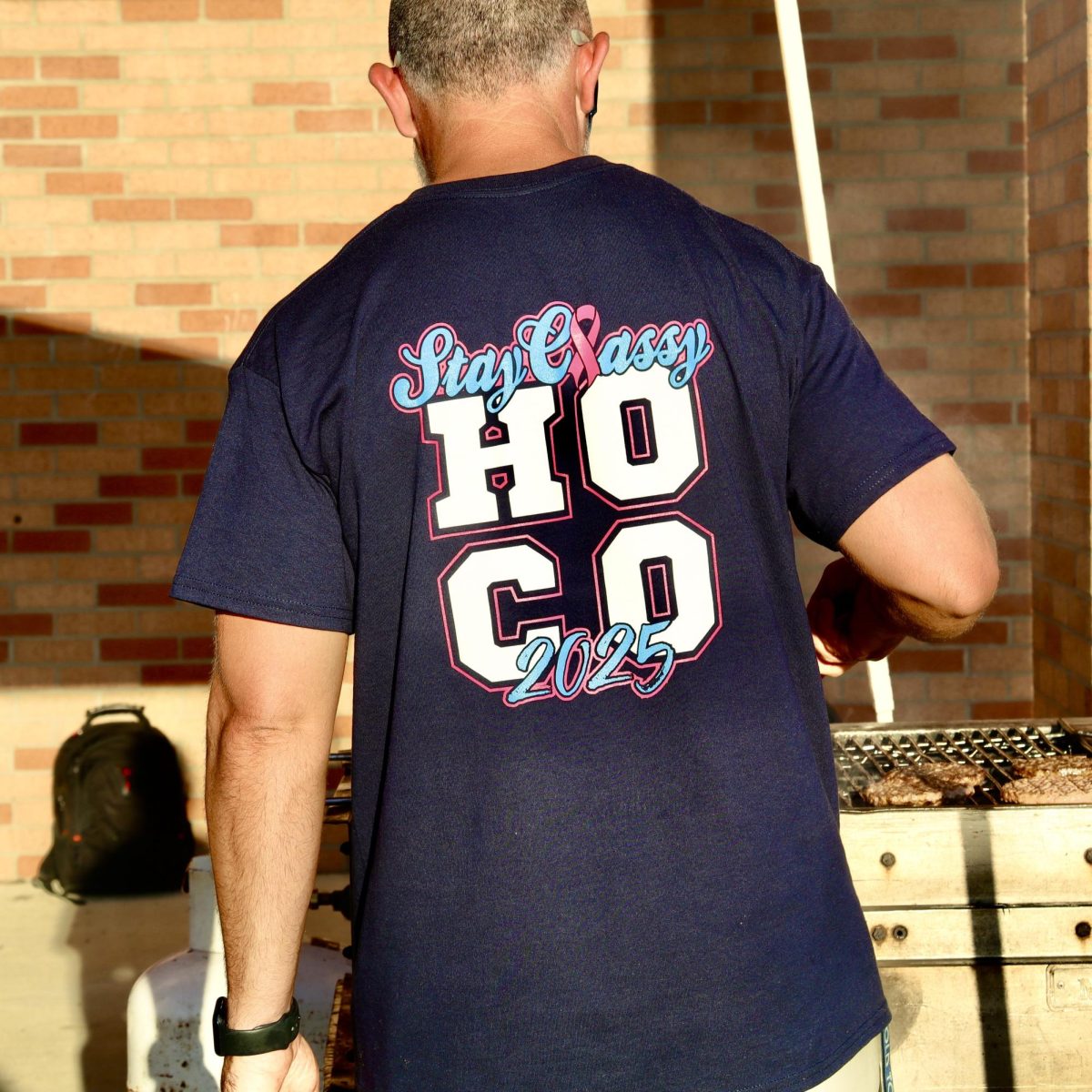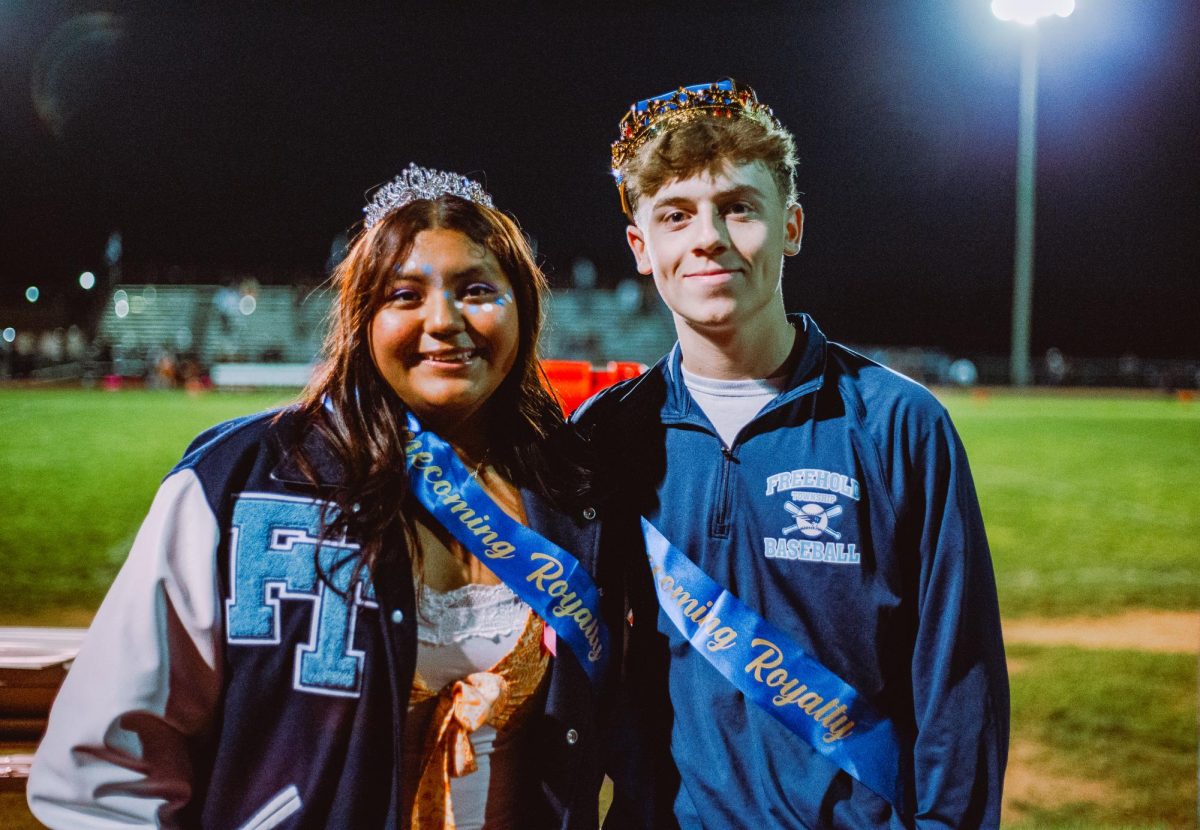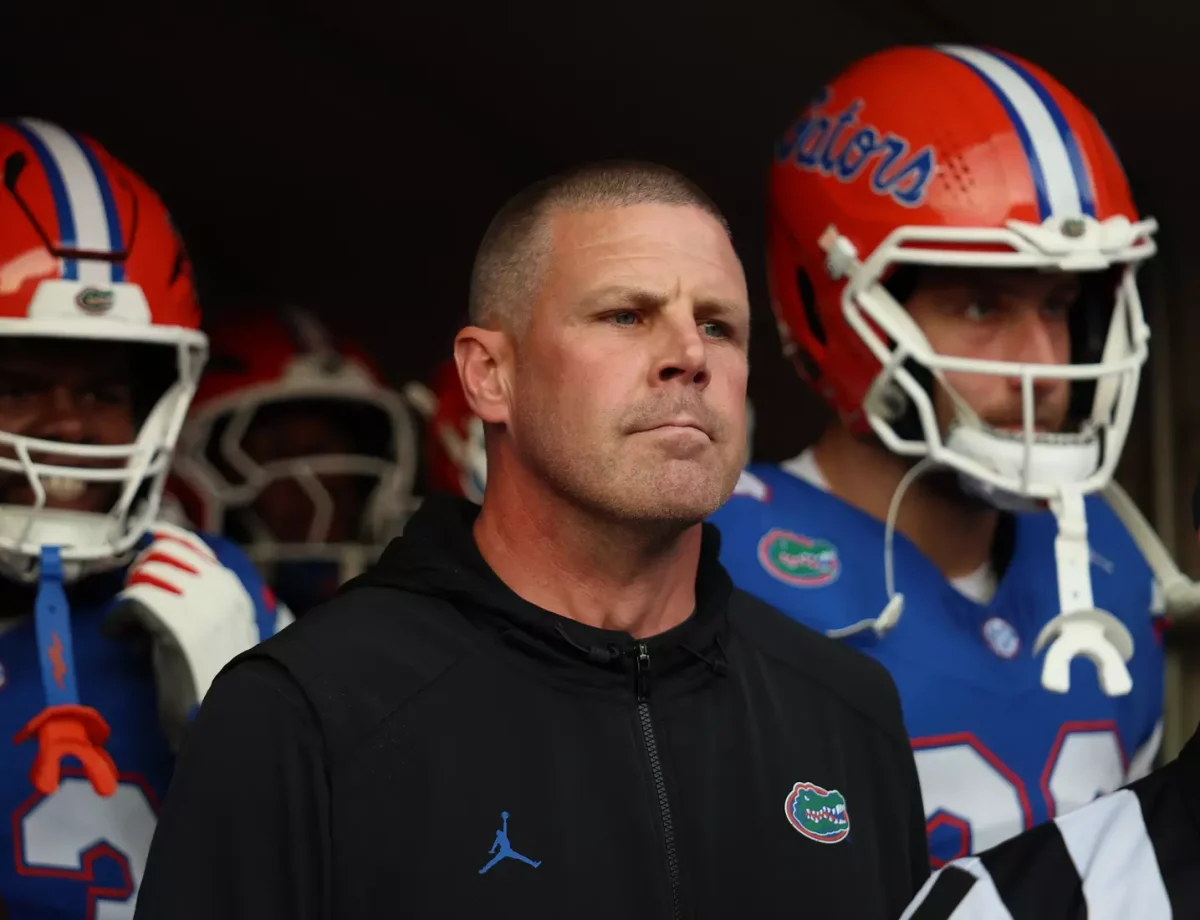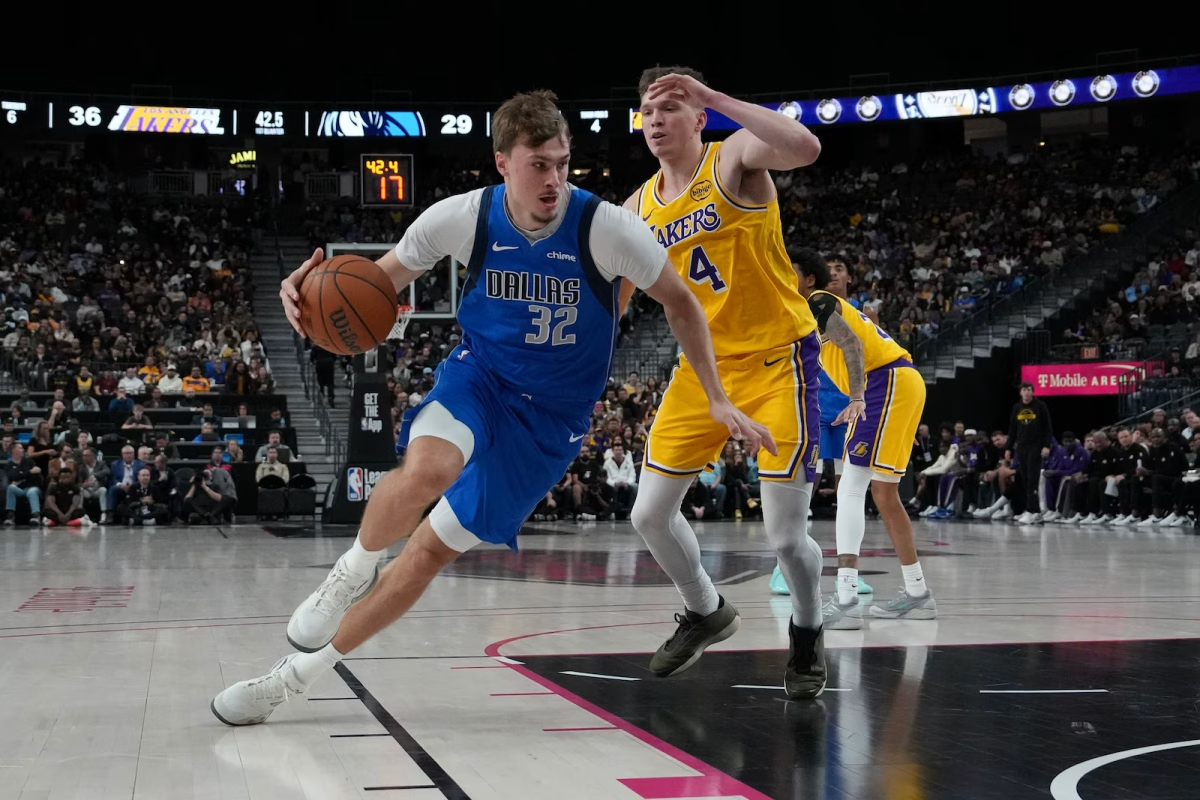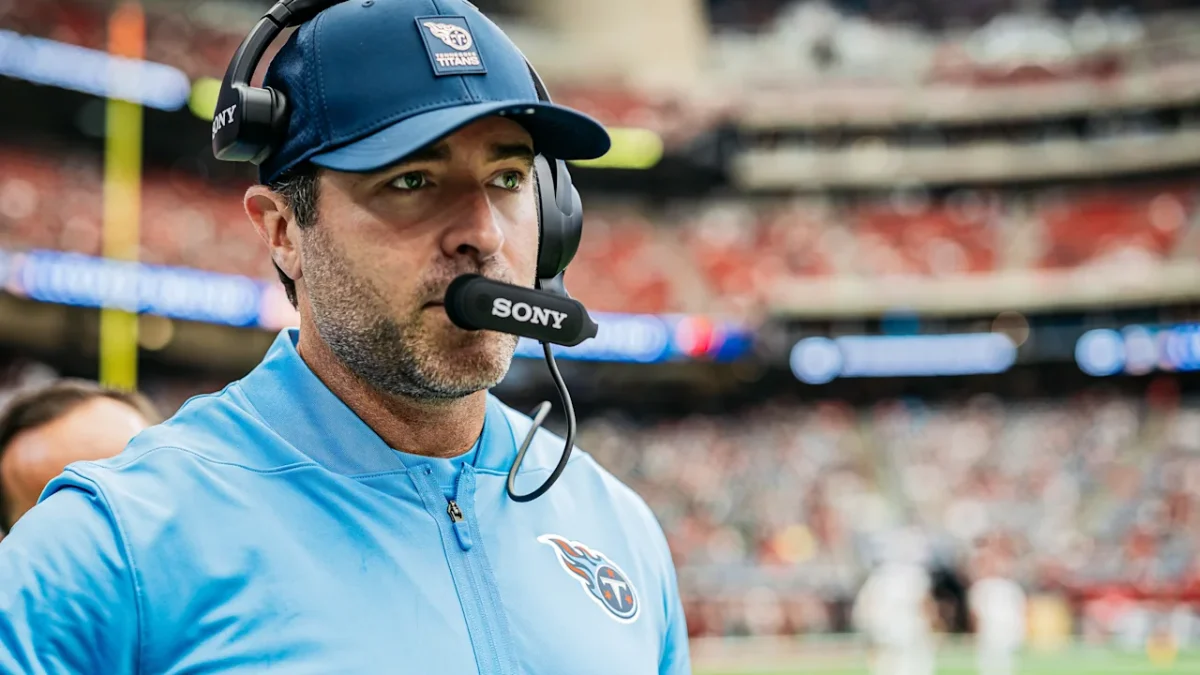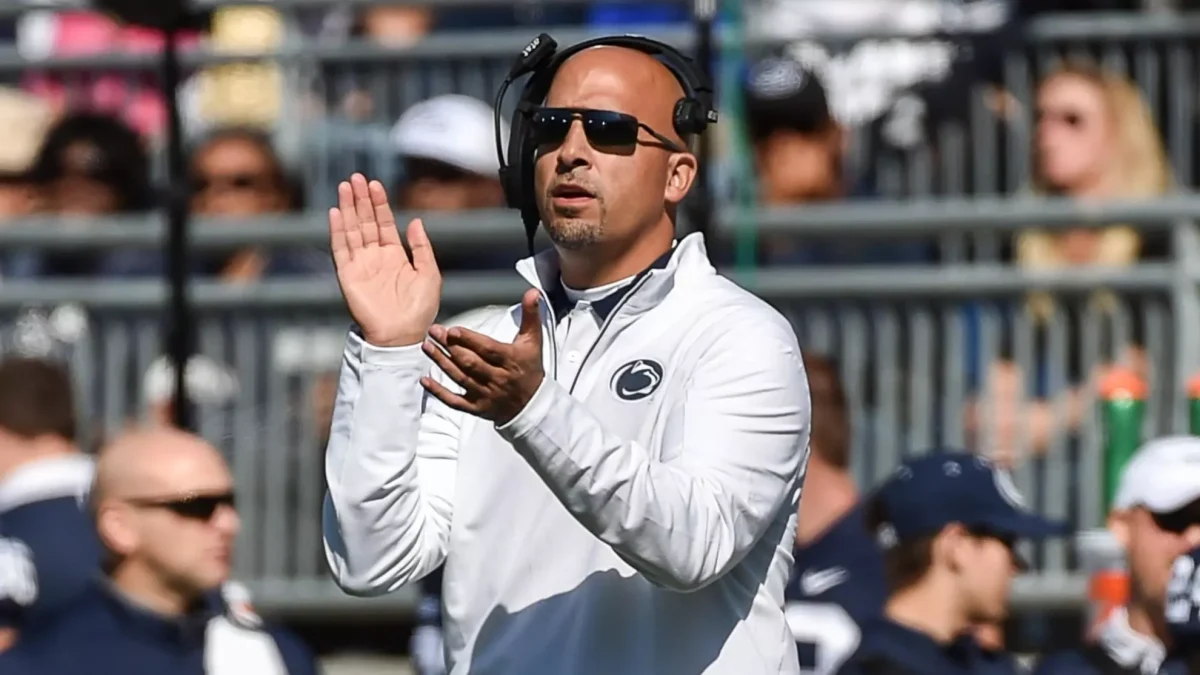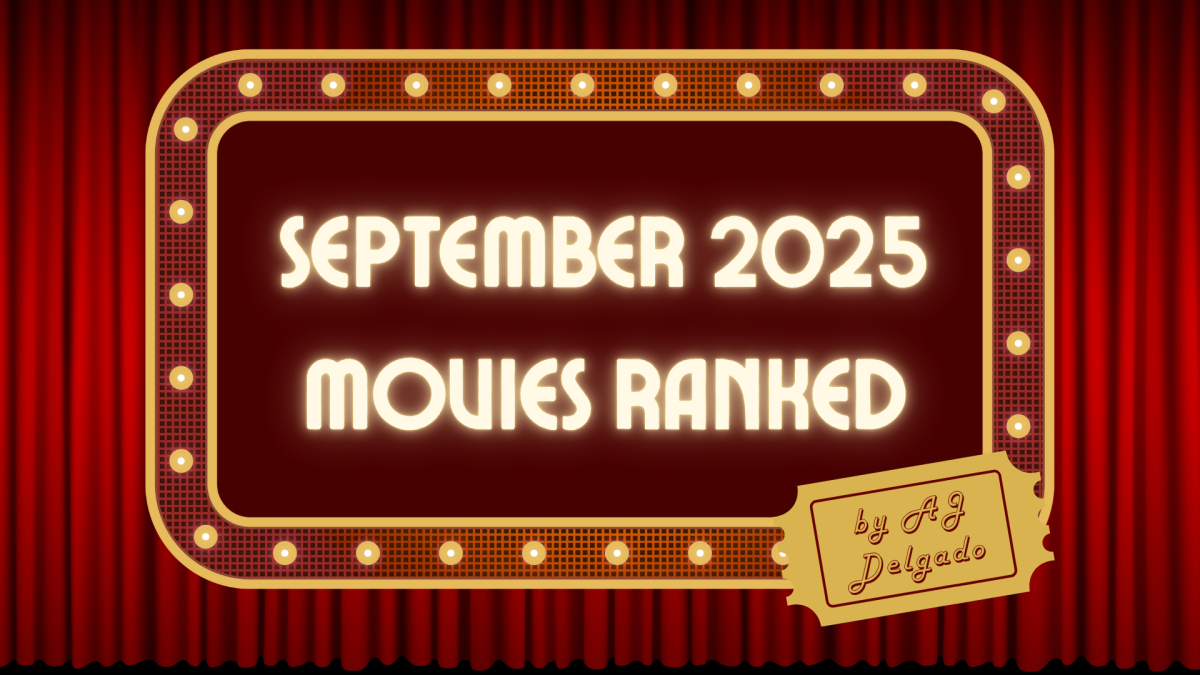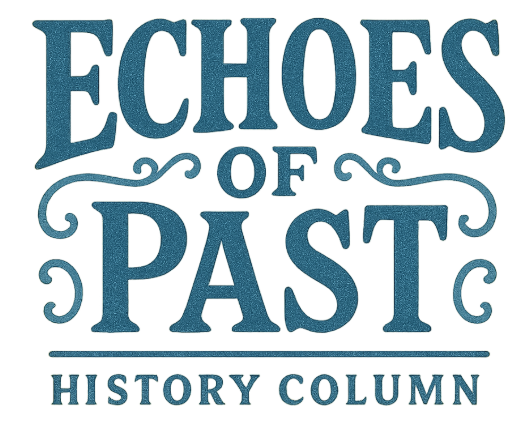Mark Rinder Makes The Ranks at the Harvard National Forensics Tournament
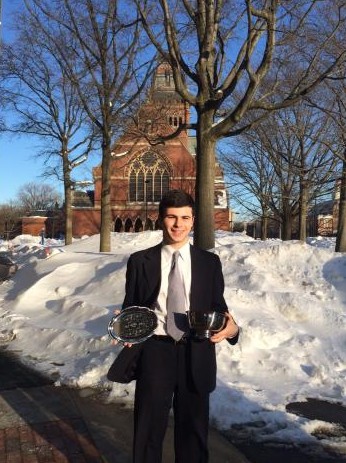
2/25/15 — Senior Mark Rinder advanced to the final round of Extemporaneous Speaking and received 6th place out of 245 competitors at the 41st Annual Harvard Forensics Invitational.
March 7, 2015
On Presidents’ Day weekend, nearly a thousand different competitors from all over the nation traveled to Cambridge, Massachusetts, clutching their suitcases and their prep in hand to compete in the 41st Annual Harvard National Forensics Tournament at Harvard University. One of these competitors being Mark Rinder, who went into his rounds, whooped some Extemp butts, and walked out of the University not only clutching his suitcase, but his prize-winning oratory that allowed him to semi-final and his trophy from receiving sixth place in his final round of Extemporaneous Speaking!
Mark placed 6th out of 245 competitors in Extemp and 11th out of 323 competitors. See what he has to say about it below.
Q: As for the conditions of the tournament, are you satisfied with everything?
A: It would have been nice if my speaking rooms for Extemp were in the same building as the prep room, but at least I can say I had the cool experience of running across Harvard Yard in a suit during a blizzard. Other than that, I think the tournament was run very well considering the circumstances.
Q: Did you have any creative roadblocks? How did you get past them?
A :I definitely had some trouble coming up with creative introductions in Extemp and selecting content while writing my Oratory. I get past those roadblocks by putting myself in the place of the audience. I think about what I like to see in performances when it comes to humor, emotional range, and analysis, and I put that in my speeches.
Q: What do you think was a key factor in your success?
A: I think my biggest advantage at Harvard was being an accessible speaker.
Q: Share your secret technique with us.
A: Many Extempers sacrifice clarity in favor of adherence to a set way of doing things- an insanely detailed structure created by college forensics camps. While good organization is vital, I sometimes stray from conventional formats if it makes my arguments easier to follow. I also repeat key phrases and themes often to remind the audience of my essential message; they should be doing as little work as possible to understand my ideas. In Oratory, accessibility is a very different challenge. It’s easy to go on auto-pilot, simply reciting your memorized script instead of speaking with conviction. By getting passionate about my message every time, I appeared more genuine and likeable.
Q: What, in your opinion, lets somebody win a contest? Did you feel the thrill of the competition while under the pressure of the round?
A: The secret to success in this activity would have to be achieving the right mindset for competition. I’m extremely competitive, but I never really care about finding out who is speaking before or after me in the round. I focus not on beating the other kids, but on achieving the highest personal quality possible. Also, I never really think about the level of accomplishment I’m aiming for: I had the same approach for my final as I did for my first prelim round. Only after the tournament ended did I allow myself to get excited about what I had just done.
Q: What helps to pick you up after errors in your speech?
A: Little mistakes during a performance only really affect you if you let yourself get flustered. I just keep powering through and don’t let the momentum diminish.
Q: How long have you been competing?
A: I’ve been competing in forensics since my freshman year, but I started Extemp sophomore year and Oratory junior year.
Q: What was your topic for the round?
A: My final round topic was “Should the African Union and its member states leave the International Criminal Court?”
Q: Any final thoughts?
A: “I’m enormously grateful for this experience and the teammates I got to share it with.”








